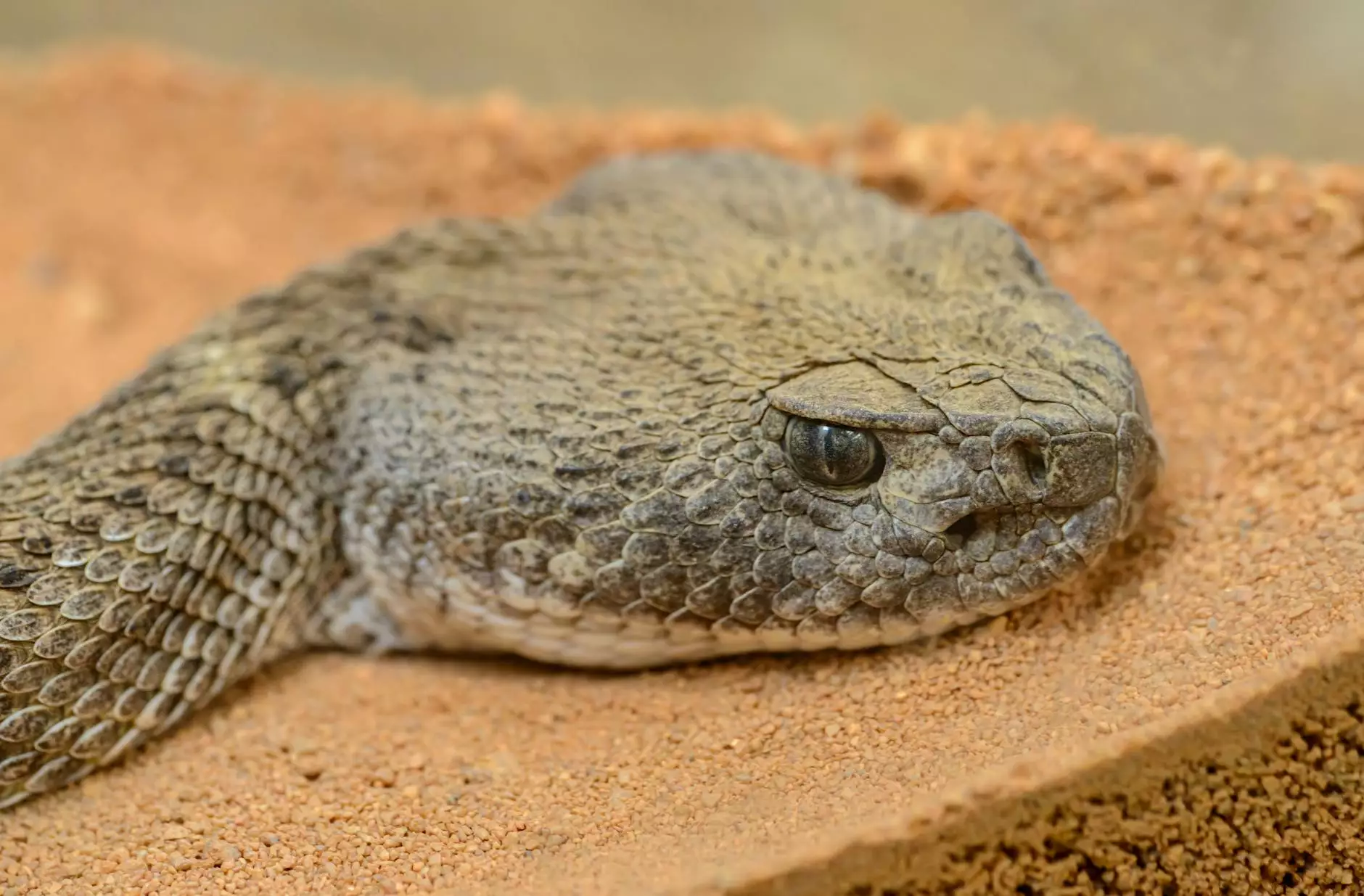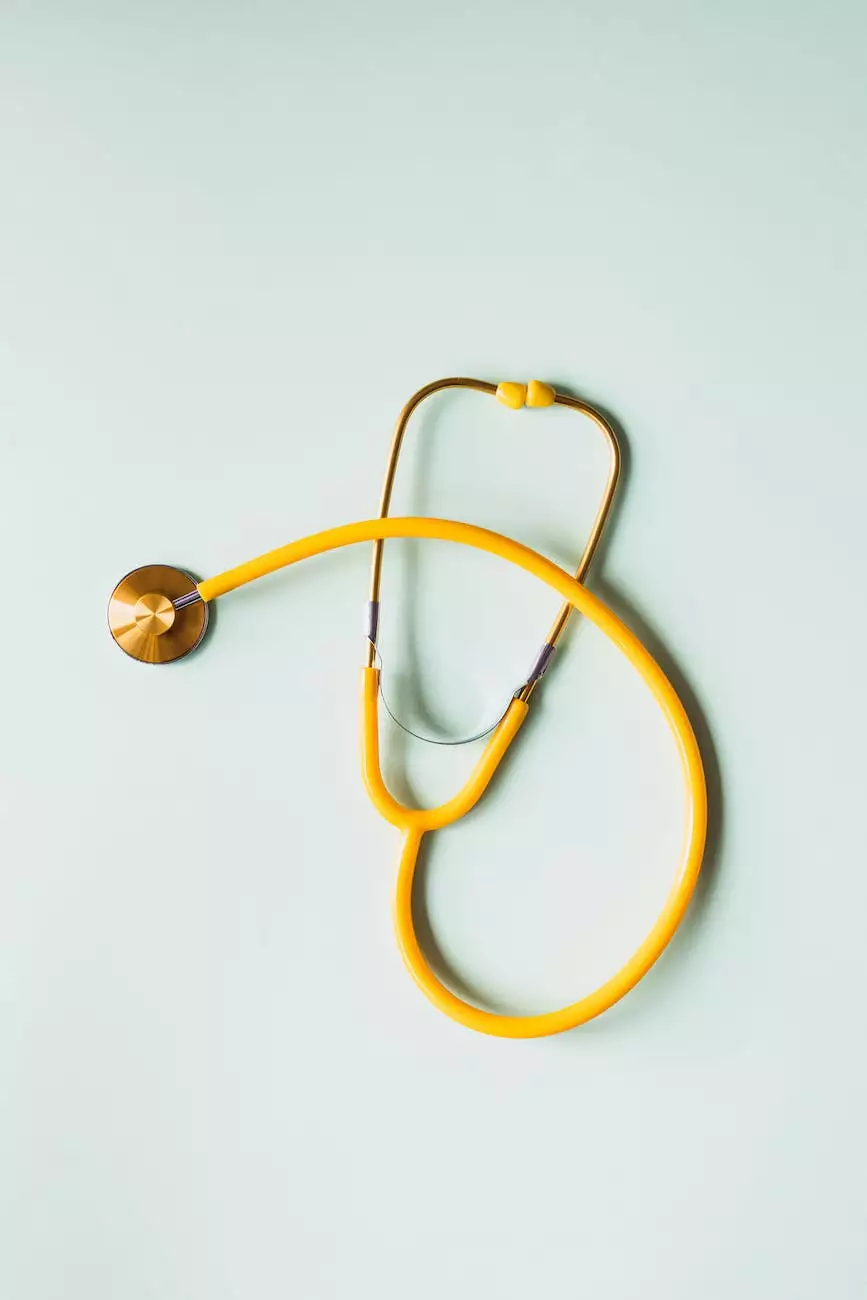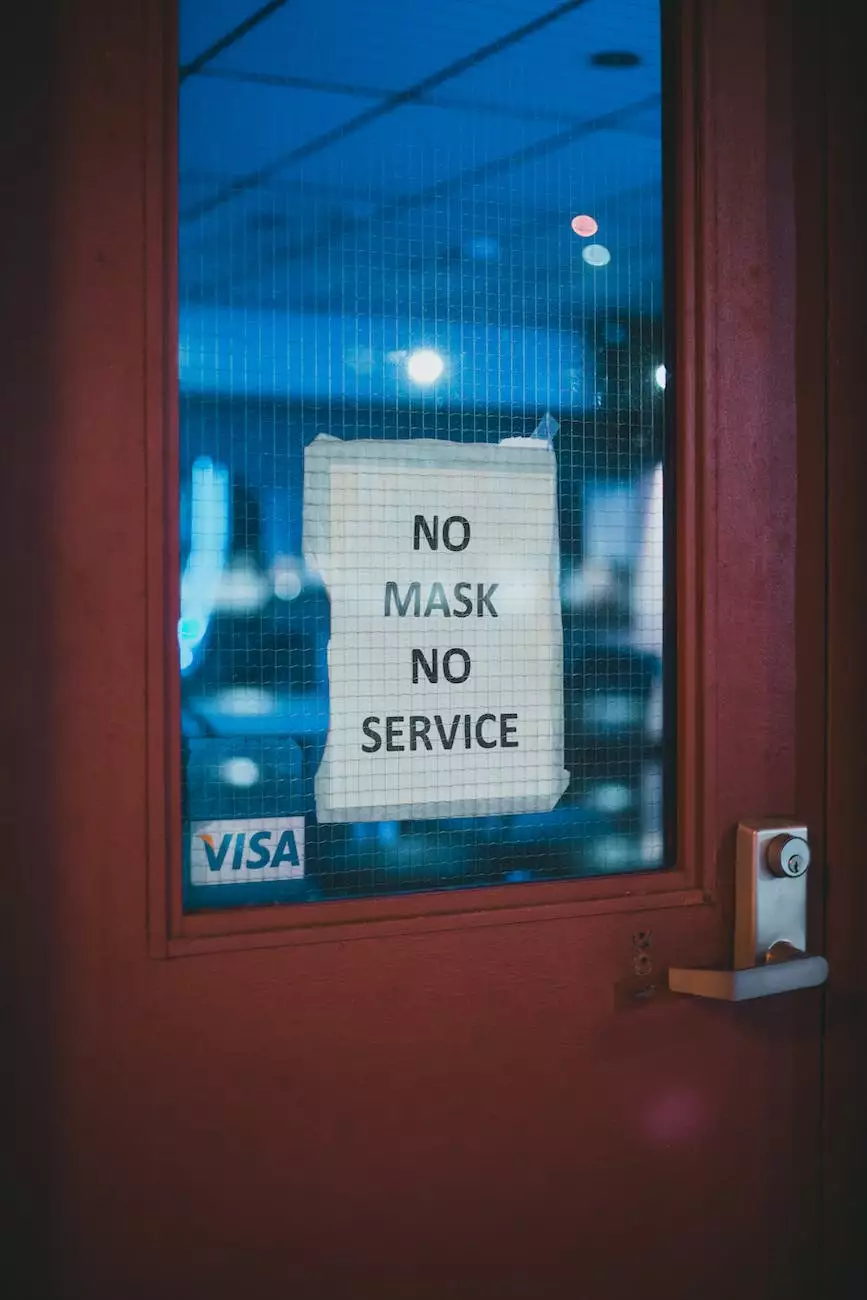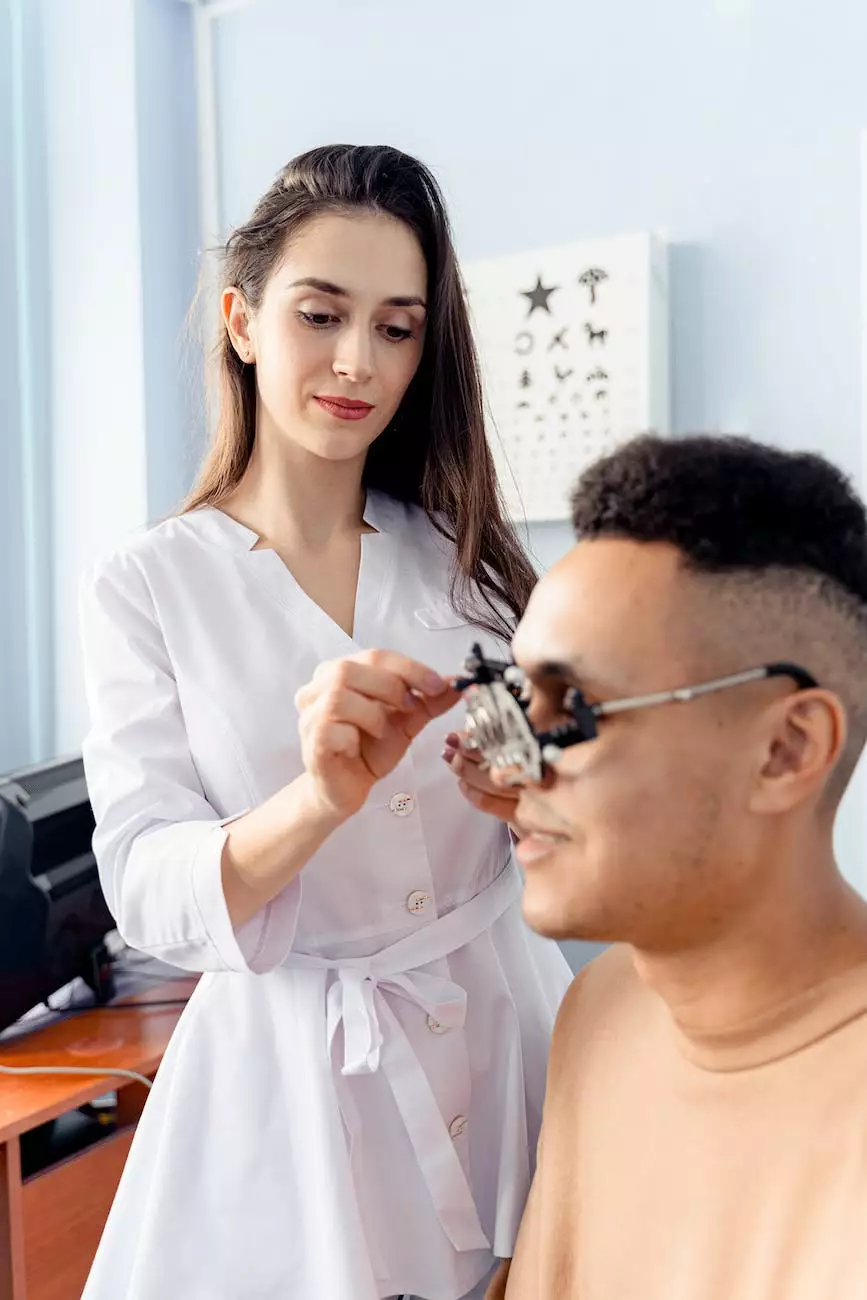Dry Eye (Ocular Surface Disease)
About Us
Understanding Dry Eye and its Impact
Dry Eye, also known as Ocular Surface Disease, is a common ocular condition that affects millions of people worldwide. It occurs when the tear film, responsible for lubricating and nourishing the eyes, becomes insufficient or of poor quality. This leads to uncomfortable symptoms and potential damage to the eyes.
Causes and Risk Factors of Dry Eye
Dry Eye can be caused by various factors, including:
- Age - The risk of developing dry eye increases with age.
- Gender - Women are more prone to dry eye due to hormonal changes.
- Medical conditions - Certain medical conditions, such as autoimmune diseases and diabetes, can contribute to dry eye.
- Environmental factors - Dry or windy climates, air conditioning, and excessive screen time can worsen dry eye symptoms.
- Medications - Some medications, including antihistamines and antidepressants, can reduce tear production.
- Eye surgery - Previous eye surgeries, such as LASIK, can increase the risk of developing dry eye.
Recognizing Dry Eye Symptoms
The symptoms of dry eye can vary from person to person, but commonly include:
- Stinging or burning sensation in the eyes
- Redness and irritation
- Dryness or a gritty feeling
- Excessive tearing
- Sensitivity to light
- Blurred vision
Diagnosing Dry Eye
If you are experiencing any of the symptoms mentioned above, it is crucial to consult with an eye care professional, such as Baron Rick W Dr, for a proper diagnosis. During your visit, the doctor will conduct a comprehensive eye examination to evaluate your tear production, assess the quality of tears, and examine the ocular surface for any signs of dry eye.
Treatment Options for Dry Eye
The treatment plan for dry eye will depend on the severity and underlying causes. Baron Rick W Dr offers a range of effective treatment options, including:
- Artificial tears - Lubricating eye drops are commonly recommended to provide temporary relief.
- Punctal plugs - Tiny plugs can be inserted into the tear ducts to conserve tears on the ocular surface.
- Prescription medications - In some cases, medications may be prescribed to reduce inflammation or stimulate tear production.
- Meibomian gland expression - This procedure helps clear blockages in the oil glands of the eyelids to improve tear quality.
- Lifestyle modifications - Certain lifestyle changes, such as blinking exercises, humidifiers, and limiting screen time, can alleviate dry eye symptoms.
Prevention and Self-Care Strategies
Baron Rick W Dr emphasizes the importance of maintaining good eye health and offers the following preventive measures:
- Stay hydrated - Drink plenty of water to keep your body and eyes well-hydrated.
- Wear protective eyewear - Use sunglasses to shield your eyes from harmful UV rays, wind, and dust.
- Follow the 20-20-20 rule - Take regular breaks during prolonged screen time. Every 20 minutes, look away from the screen and focus on something 20 feet away for 20 seconds.
- Keep a healthy diet - Consuming a diet rich in omega-3 fatty acids, vitamins, and minerals can promote optimal eye health.
- Avoid smoke and secondhand smoke - Smoking can worsen dry eye symptoms, so it's important to stay away from smoking and smoky environments.
Consult Baron Rick W Dr for Dry Eye Management
If you suspect you may be suffering from dry eye, don't hesitate to reach out to Baron Rick W Dr. Our experienced team will provide a thorough evaluation, personalized treatment plan, and ongoing guidance to manage this condition effectively and improve your ocular health. Contact us today to schedule an appointment and take the first step towards relief.




